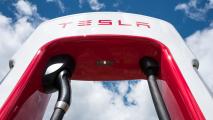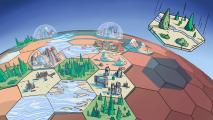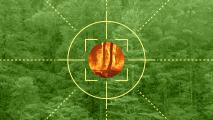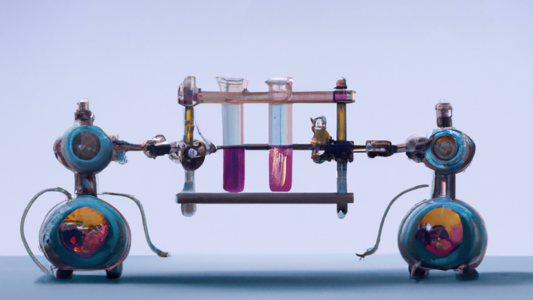What if we could use waste or carbon-negative materials to make buildings?
Biohm, a ‘biomanufacturing’ company is doing just that, creating building materials from mushrooms, orange peel, cocoa husks and other food waste.
The London-based company has developed an alternative to wood-based sheet materials made from waste by-products from the food or agricultural sectors.
Called Orb, the composite material is 100% biodegradable and vegan and can be moulded into shapes.
It has also developed a world-first insulation panel made from mycelium – the white, thread-like roots that grow from fungus. The natural mushroom fibres can outperform some insulation products.
“Mycelium is usually found in forests, underground, and it holds the topsoil together. It allows plants to connect to one another – it’s like nature’s Internet. And we grow that into an insulation panel that can provide superior insulation values compared to other alternatives on the market,” says Biohm founder Ehab Sayed.
Cutting back on waste
Sayed started the company after being shocked by the waste from the construction industry.
By repurposing waste, and creating biodegradable products, his company contributes towards the ‘circular economy’.
The circular economy is a concept that is about moving away from a take-make-waste society – where products are made using the earth’s finite resources – and then thrown away – often producing toxins in the process. Instead, a circular economy designs out waste and pollution. Products and materials are kept in use and natural resources are able to regenerate.
Biohm is a member of The Circulars Accelerator Cohort 2021, an initiative to help circular economy entrepreneurs scale their innovations.

The accelerator is a collaboration with UpLink, the World Economic Forum’s innovation crowdsourcing platform, and is led by professional services company Accenture in partnership with Anglo American, Ecolab, and Schneider Electric.
An incomplete circle
More than 92 billion tonnes of materials were extracted and processed in 2019, contributing to about half of global carbon dioxide emissions, according to the World Economic Forum.
“The resulting waste – including plastics, textiles, food, electronics and more – is taking its toll on the environment and human health,” the Forum adds.
A circular economy could deliver up to $4.5 trillion in economic benefits by 2030, but currently only 8.6% of the world is estimated to be circular.
UpLink is a crowdsourcing platform for innovations launched by the World Economic Forum at Davos 2020 in partnership with Deloitte and Salesforce.
The platform hopes to elevate solutions that accelerate the delivery of the United Nation’s 17 Sustainable Development Goals (SDGs), which include achieving good health and wellbeing for all, sustainable cities and communities and zero hunger by 2030.
This article was reprinted with permission of the World Economic Forum, where it was originally published.






